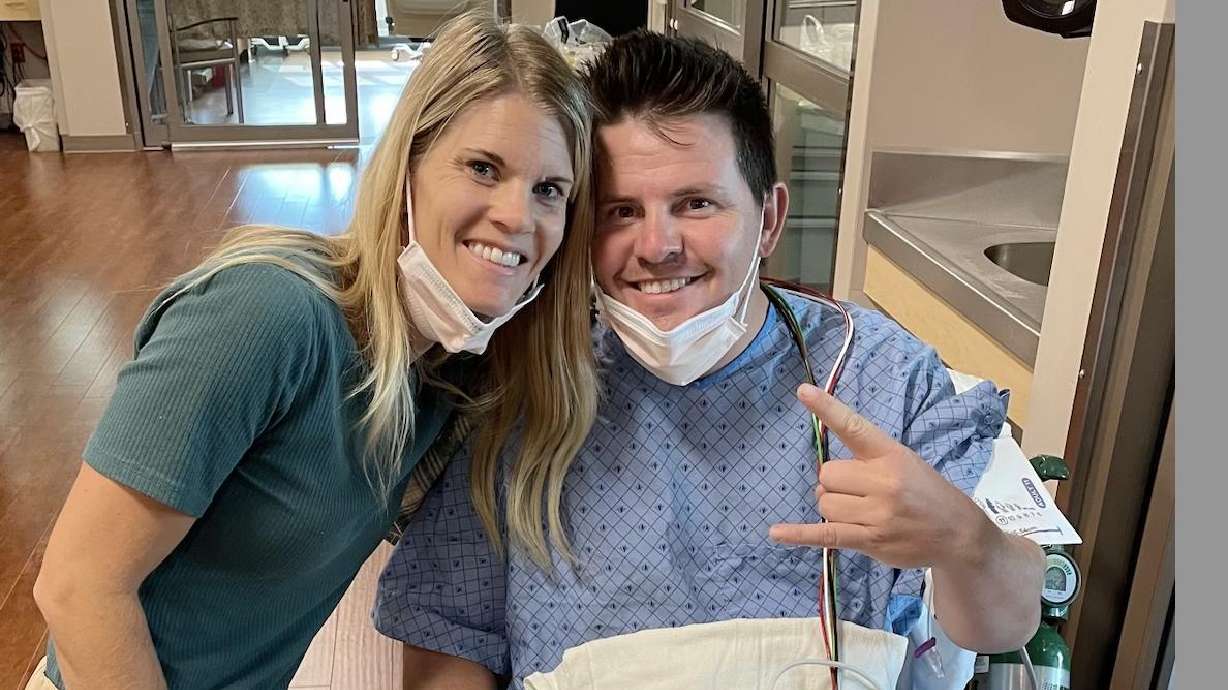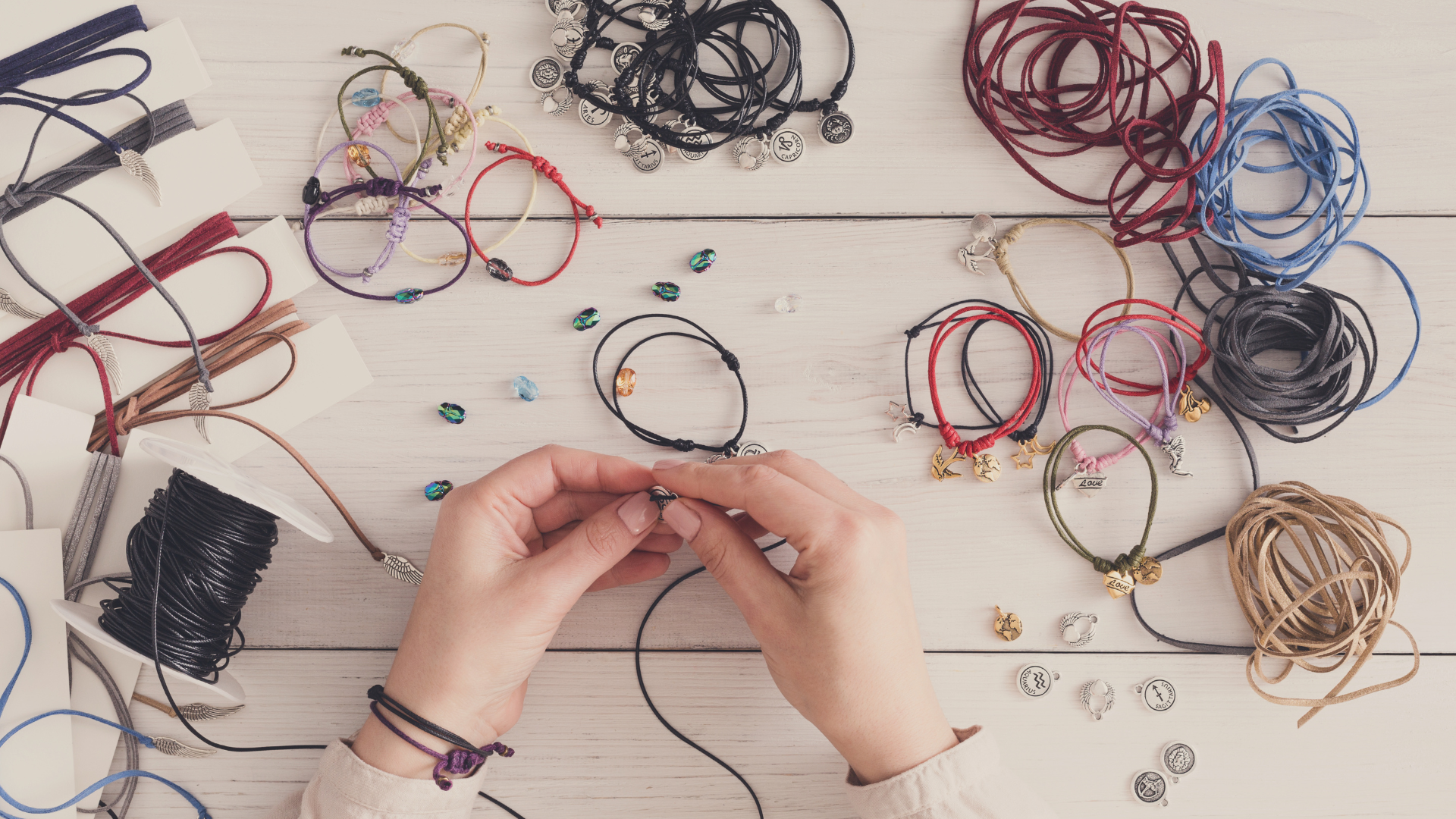HEALTH
Go ahead, have a good cry. It’s good for you, psychiatrists say
Jul 27, 2020, 4:33 PM | Updated: 5:24 pm

Crying can have benefits for your mental and physical health, experts said.
(CNN) — Grab a tissue. It’s all right to cry. Really.
Although it’s often seen as a sign of weakness, crying can be just what the doctor ordered for sorting through muddied emotions and wading out anew.
Our disapproval of emotional expression generally and crying specifically stems from childhood, said Stephen Sideroff, author of “The Path: Mastering the Nine Pillars of Resilience and Success” and an assistant professor in the department of psychiatry and biobehavioral sciences at the University of California, Los Angeles.
As kids, we’re often taught to restrain our emotions. Maybe you remember being teased in elementary school for crying when you were hurt. Or your parents chastised you by saying, “Stop crying or I’ll give you something to cry about.”
Many of us learned there were feelings, such as anger or resentment, that we shouldn’t have or express. As children grow into adulthood, we gradually learn to regulate — and sometimes repress and stifle awareness of — our feelings.
So what, you might say? Who cares? But we don’t hold emotions in only our heads, Sideroff said. We store them in our bodies, too.
And there’s no better day to learn about emotional acceptance than today, which is International Self-Care Day — an annual observance initially marked on July 24, 2011, to spotlight self-care as a vital foundation of health. (That the day occurs on the 24th day of the seventh month is meant to symbolize the importance of practicing self-care 24 hours a day, and seven days per week.)
Holding back your feelings can hurt
“These feelings have energy,” Sideroff explained. “You (then) have to constrict in different ways to hold them in.” That interferes with natural, instinctive processes and creates imbalances since the body’s need is still there.
“If you’re hungry, you eat,” Sideroff said. “You find food to resolve and address that imbalance.”
So if you’re sad or hurt or angry, you need to find something to resolve that imbalance.
If you don’t, you might express those imbalanced feelings in inappropriate ways — like lashing out at your family or friends.
Emotional restraint can hinder our ability to experience positive feelings, such as joy and love, as well.
“Crying and honoring your own needs and sensitivities is a critical part of self-care and being loving with oneself, being aware of one’s needs and honoring them to benefit the health of the body, mind and spirit,” said Dr. Judith Orloff, author of “The Empath’s Survival Guide: Life Strategies for Sensitive People” and a psychiatrist at the University of California, Los Angeles, Psychiatric Clinical Faculty.
Why we cry
The three types of tears include emotional tears, which are triggered by strong feelings such as joy or sadness. Basal tears lubricate your eyes. Reflex tears release when dust or onion oxides irritate your eyes.
Humans are the only animals who cry into adulthood and have emotional tears, which may have “more complex, social functions to elicit support and comfort from others or to have communicative functions or social bonding functions,” said Lauren Bylsma, an assistant professor of psychiatry and psychology at the University of Pittsburgh in Pennsylvania.
Stress sees its exit through our tears
If you’re accustomed to repressing your emotions, letting yourself cry might first create anxiety if it’s the first time you’re letting your feelings surface.
That’s normal. Shifting your perspective and indulging as needed can help you gradually overcome any discomfort. You can take it slow — “you have to go back and work with the inner child a little bit, because the inner child is the one who shut it off when it wasn’t safe to cry,” Orloff said.
By crying, we can allow ourselves to be vulnerable.
That’s good “because you can’t always be on guard all the time,” Sideroff said. “The body always leans on many different dimensions to be in a place of balance. Being vulnerable and letting down your guard is a way of recovering, in a sense, from stress and tension.”
People often report feeling better after they cry. That could be because crying forces us to pay attention to what triggered us and work through our emotions and thoughts, Bylsma said. Crying might also help in understanding what’s important to us, especially if we cry over something that upset us unexpectedly.
When you’re stressed, your sympathetic nervous system activity is heightened. The stress-relieving response of crying has been found to be preceded by an uptick in parasympathetic nervous system activity, which means crying is facilitating activity that helps you start to relax, Bylsma said.
Emotional tears might be unique in their chemical makeup. Concentrations of prolactin, manganese, serotonin, cortisol and adrenaline have been detected in emotional tears, most of which have some role in mood and stress regulation.
However, some theories on components of tears are old and haven’t yet been replicated in research, Bylsma said. “If emotional tears have more of those hormones than others, it could just be a sign that during that time, that person was experiencing an emotional stressor,” she added.
Crying can be beneficial in group settings, and the Japanese have taken the findings to heart — in some areas, there are “crying clubs” called “rui-katsu” (tear-seeking), where people participate in cathartic sob fests.
“I would imagine that (crying in groups) facilitates the acceptance of crying and makes it easier for people to do so,” Sideroff said.
Adjusting to outer constraints
Since men learn that steeliness is the paradigm of manhood, they face greater stigma around crying.
To men who repress the urge to cry, it’s a sign of strength to be able to be autonomous, decide for yourself right from wrong and cry, Sideroff said.
“It’s a natural tendency,” he added. “The goal is to identify your needs and resolve needs, not to build up more needs.”
Some parents may hide their emotions lest they upset their children. Overwhelmed partners can ask one another to tag in so one can go on a walk or to a different room to cry, Orloff suggested.
The benefit of crying is contextual, Bylsma said. You may feel better crying alone or in supportive environments rather than in a place where you might feel ashamed — such as the office.
We need relief, and crying can help
By suppressing our tears, we could be doing ourselves a disservice. Unprocessed feelings are a significant path to depression as well, these experts said.
“Crying is an essential form of relief” and it’s crucial to process the loss, uncertainty and stress of the pandemic, Orloff said.
“You don’t want to become numb or turn to addictions,” she added. “You want to be able to use the body’s natural healing mechanisms to your advantage.”
The-CNN-Wire
™ & © 2020 Cable News Network, Inc., a WarnerMedia Company. All rights reserved.













